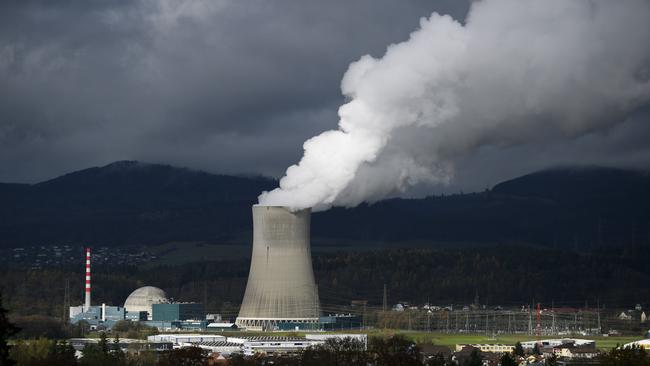Coalition softening position on nuclear energy
Labor leader says feasibility of the alternative power source has been examined “many times before.”

Labor leader Anthony Albanese has lashed the federal government’s federal inquiry into nuclear energy, saying the feasibility of the alternative power source has been examined “many times before.”
It comes as Energy Minister Angus Taylor asked the Standing Committee on the Environment and Energy to investigate the potential of nuclear power in Australia.
Speaking to the ABC’s Insiders program this morning, Mr Albanese suggested the inquiry showed the government was softening its position on lifting the ban on nuclear power.
Several Coalition backbenchers have been pushing for an inquiry into nuclear energy, arguing nuclear could be a way to drive power prices down and cut emissions.
But Mr Albanese said the issue had been examined many times before, with studies showing it would be up to three times more expensive than wind or solar when connected to other systems such as batteries or hydro.
He said Mr Taylor should outline potential locations for nuclear power plants, considering they used large volumes of water and had to be built near rivers or the coast.
“What the government has to come up with is exactly where is it considering putting nuclear power plants around our coastlines or next to the rivers?” he said, warning of catastrophes like Chernobyl and Fukushima.
Mr Albanese said the government was in its third term and still didn’t have an energy policy.
“Now they’re off on this frolic, giving a parliamentary committee the scope to run around the country and consider matters that have been considered by the experts before,” he said.
When asked whether he thought Australia should sign the UN Treaty on the prohibition of nuclear weapons, Mr Albanese said he was a big supporter of nuclear disarmament — a stance he had held his entire political life.
“The fact is that over a period of time, issues like landmines and chemical weapons and other weapons have been outlawed. But nuclear weapons, the most catastrophic and damaging that can exist, still remain.
“Nuclear proliferation is an issue, and in terms of those issues, we need to work them through as part of the international community, and that’s what Labor’s resolution called for.”




To join the conversation, please log in. Don't have an account? Register
Join the conversation, you are commenting as Logout